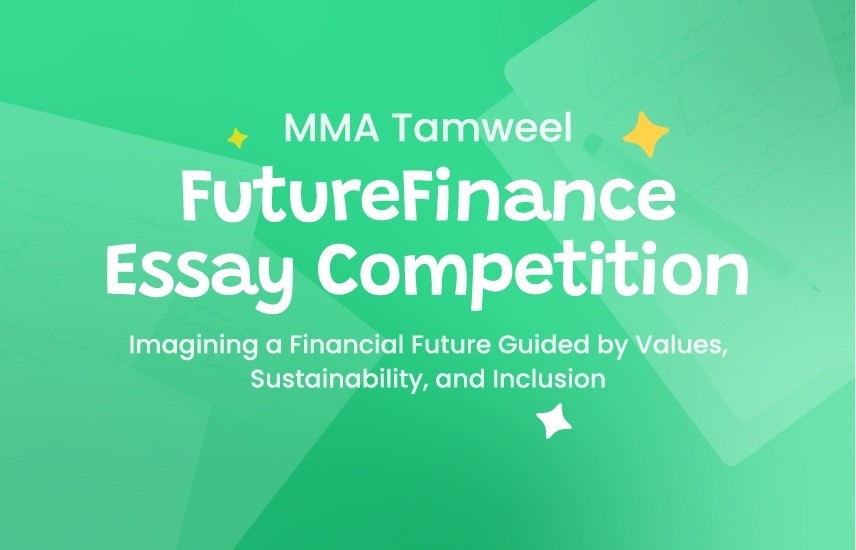The Maldives Monetary Authority (MMA), through its Tamweel Islamic Finance Initiative, has launched the FutureFinance Essay Competition, offering young Maldivians a chance to share their ideas on building a fairer, more inclusive financial future.
The nationwide contest, open to students in Grades 8 to 12, invites participants to reflect on how finance can shape society in line with ethical values, sustainability, and technological change. The initiative is part of MMA’s broader efforts to promote financial literacy and strengthen awareness of responsible finance among youth.
Entries will be accepted under two categories: junior (Grades 8–10) and senior (Grades 11–12). Students are encouraged to explore one of ten proposed themes, including “Finance for the Future: My Vision of a Fair and Sustainable Economy” and “From Cash to Code: Technology and the Future of Responsible Finance.” Essays must be written in English, be entirely original, and free from AI-generated content.
Prizes will be awarded to the top entries in each category: MVR 3,000 for first place, MVR 2,000 for runner-up, MVR 1,000 for second runner-up, and MVR 500 for special recognition awards. Selected submissions may also be published on national platforms or featured in financial literacy campaigns, giving students an opportunity to share their ideas with a wider audience.
Submissions are due by 9 October 2025 at 23:59, and must be emailed to [email protected] in PDF format. Essays should be between 700 and 1,200 words, typed in Times New Roman, double-spaced, and include a cover page with student details and a copy of their ID card. Physical submissions will not be accepted.
Announcing the competition, the MMA highlighted that the programme is intended to empower young people to think critically about pressing global challenges such as inequality, climate change, and digital disruption, while fostering values-driven decision-making.
By engaging students in these issues early on, the central bank hopes to strengthen a culture of ethical finance in the Maldives and ensure that youth voices are included in conversations shaping the country’s economic future.




